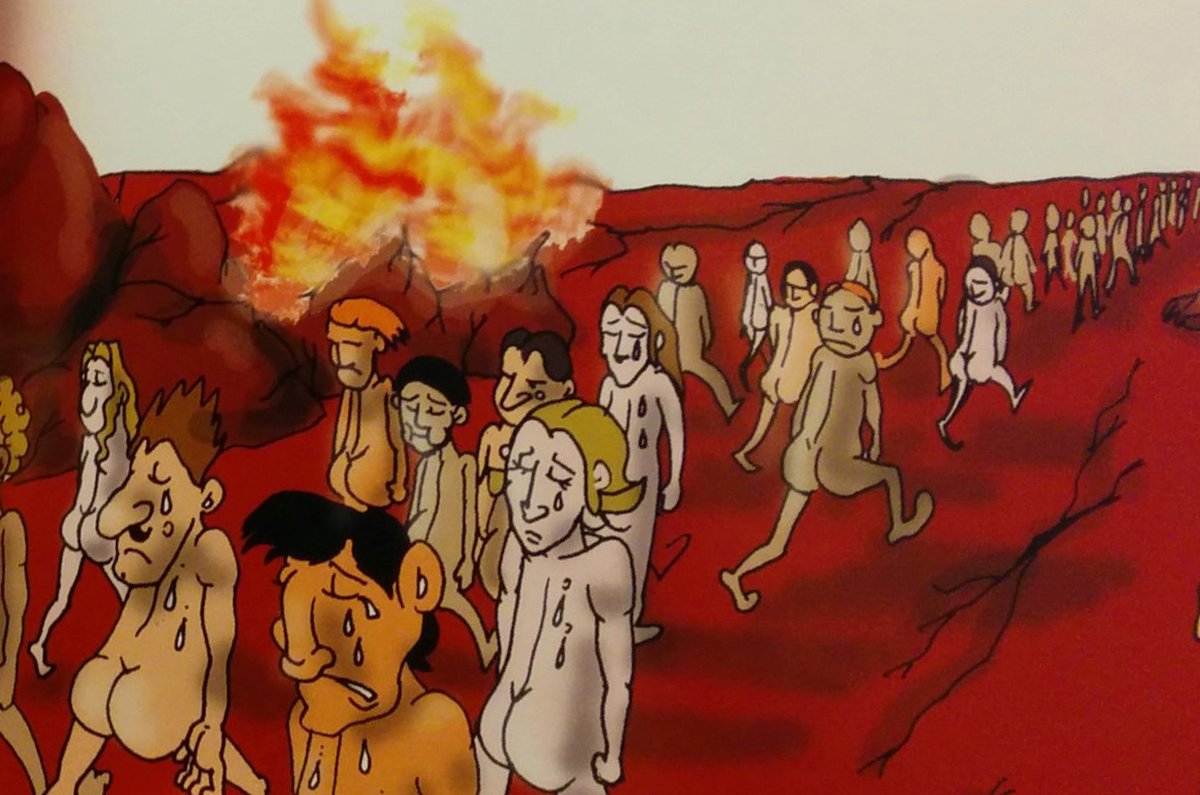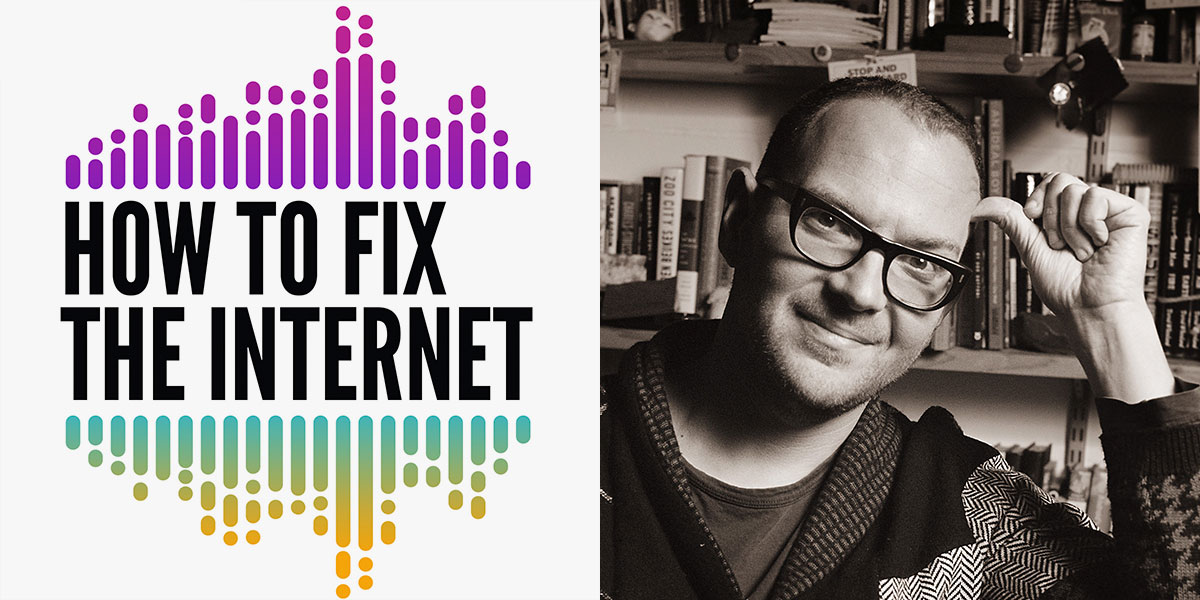
Predictive policing tools work really well: they perfectly predict what the police will do. Specifically, they predict whom the police will accuse of crimes, and since only accused people are convicted, they predict who will be convicted, too.
1/
1/

In that sense, predictive policing predicts "crime" - the crimes that the police prosecute are the crimes that the computer tells them to seek out and make arrests over. But that doesn't mean that predictive policing actually fights actual crime.
2/
2/
Instead, predictive policing serves as empirical facewash for bias. Take last year's biased policing statistics, give them to a machine learning model, and ask it where the crime will be next year, and it will tell you that next year's crime will look much the same.
3/
3/
If the police then follow the oracle's bidding and patrol the places they're told to patrol and stop the people they're told to stop, then yup, they will validate the prediction. Like all oracles, predictive policing only works when its self-fulfilling prophecy.
4/
4/
That is the perennial wickedness of fortune-telling, after all, and 'twas ever thus, which is why Dante cursed fortune-tellers to have their heads twisted 180' and left them to weep into their ass-cracks forever as they slogged through molten shit.
5/
5/

If Dante was right, then the police in the Australian state of Victoria have a hell of an eternity ahead of them. They've classed 240 children (as young as ten!) as "youth network offenders" and fed their stats to a secret policing algorithm.
theguardian.com/australia-news…
6/
theguardian.com/australia-news…
6/
The algorithm - its vendor and name undisclosed - considers the police records of children and predicts "how many crimes they'll commit before the age of 21 with 95% accuracy."
7/
7/
Or, put another way, it tells the police how many crimes to charge the child with between now and their 21st birthday.
8/
8/
The Victoria police won't say how they collect data, what other uses they put it to, how many children were tracked by the program, what oversight exists or whether it's still used.
9/
9/
You will not be surprised to learn that the nexus of the use of this tool is in a place that is "diverse and disadvantaged" (Dandenong, Springvale, Narre Warren and Pakenham) and the children it captured were primarily of Pacific Islander and Sudanese descent.
10/
10/
Victoria's state elections were poisoned by racist fairy-tales of "African gangs," with politicians using these nonexistent criminal threats to discredit their opponents and promise mass surveillance and police crackdowns on racialized children.
11/
11/
Victoria police say they can't disclose any details about the program because of "methodological sensitivities," much in the same way that stage psychics can't disclose how they guess that the lady in the third row has lost a loved one due to "methodological sensitivities."
12/
12/
That is, if they told us how it worked, we'd all see through the trick.
Image:
Cryteria (modified)
commons.wikimedia.org/wiki/File:HAL9…
CC BY:
creativecommons.org/licenses/by/3.…
eof/
Image:
Cryteria (modified)
commons.wikimedia.org/wiki/File:HAL9…
CC BY:
creativecommons.org/licenses/by/3.…
eof/
• • •
Missing some Tweet in this thread? You can try to
force a refresh









